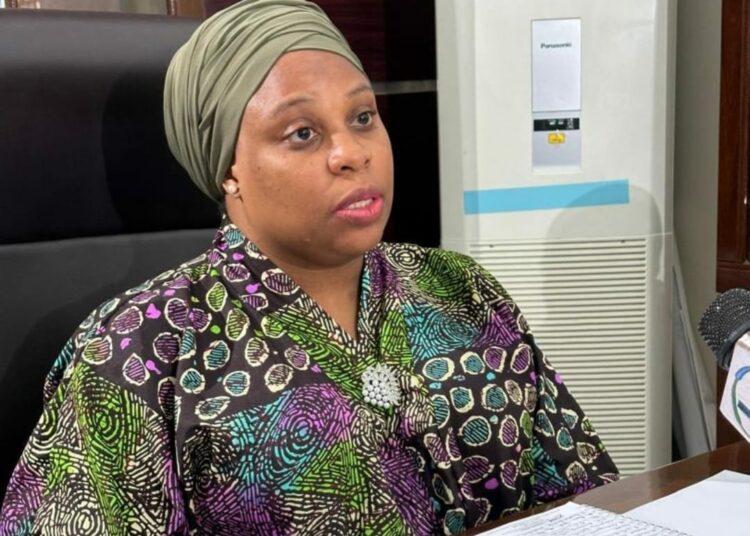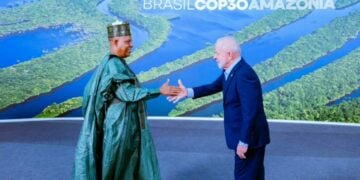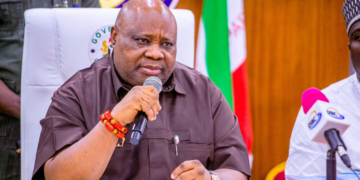The federal government has commenced the design of a national roadmap for the reforestation, conservation, and protection of all mangrove forests in Nigeria. This initiative aims to harness mangroves’ extensive benefits and promote nature-based solutions to combat climate change.
The Mangrove Breakthrough Initiative, launched at COP27 in Sharm El-Sheikh, seeks to raise $4 billion in sustainable financing for global mangrove conservation, afforestation, and protection efforts. Nigeria, aiming to benefit from this funding pool, is crafting a detailed strategy to attract investments from local and international sources.
“One of the challenges we have identified regarding mangrove afforestation, conservation, and protection is the absence of a strategy document and a policy framework,” said Dr Nkiruka Maduekwe, director general of the National Council on Climate Change (NCCC) and Special Presidential Envoy on Climate Change. She made this statement on Friday during a media briefing in Abuja.
Nigeria’s mangrove ecosystems span Lagos and nine other states, making the country a key player in the initiative. The government hopes to join beneficiaries like Indonesia, which recently secured funding from the World Bank for mangrove conservation.
However, unlike Indonesia’s loan-based financing, Nigeria aims to secure grants to avoid additional financial burdens.
Last week, Nigeria’s Minister of Environment, Balarabe Lawal, highlighted the nation’s dire forest cover situation. “We have the worst forest cover in the world now. The global minimum is 25 per cent; in Nigeria, it’s only 3.7 per cent. Illegal logging and exploitation by foreign entities, like the Chinese, have significantly contributed to this crisis,” he stated.
Dr Maduekwe emphasised the importance of sustainable financing for these projects. “Our goal is to secure grants, not loans, to ensure these initiatives benefit Nigerians without increasing debt,” she said.
Mangroves are crucial in protecting coastlines, supporting livelihoods, and mitigating climate change. To address the challenges, Dr Maduekwe announced that her office would initiate stakeholder engagement meetings across the nine Niger Delta states, followed by a town hall meeting in Calabar between January and February.
“These meetings will bring together state environment commissioners, international partners, and other stakeholders to discuss the challenges and opportunities for funding mangrove conservation,” she explained. A draft of the national roadmap will also be presented for stakeholder input and deliberation.
The global community increasingly recognises mangroves as essential for building coastal resilience and improving the lives of local communities. “This roadmap will provide a clear plan for conserving our mangroves and attracting the funding needed to achieve this goal,” Dr Maduekwe noted.
She stressed the importance of community involvement in ensuring the success and longevity of conservation efforts. “This is not just about conservation; it involves the community. We want people to take ownership of these projects so they can last. We are working with partners like the Nigerian Conservation Foundation to make this happen,” she added.
The council is developing a detailed, step-by-step approach to protect these critical ecosystems for future generations. “It’s a long-term effort, but one we must undertake to secure the future of our environment and our people,” Dr Maduekwe stated.





